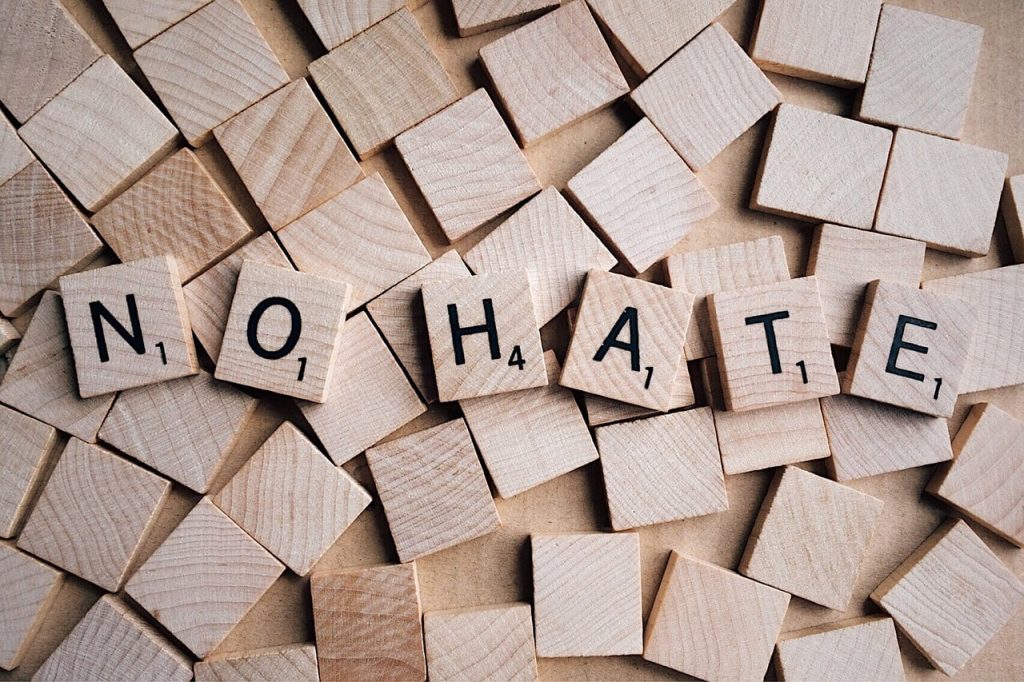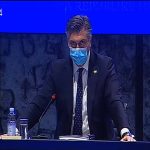“Unfortunately, those who know what happened in Grubori 26 years ago have chosen silence, they have chosen to protect those who committed the crime. Those who have chosen to keep silent and those who committed the crime, just as all of us here, need to be aware of the importance of human life, including in war, when people get killed. There is no higher goal that can justify the killing of elderly and infirm civilians,” Milošević said at the commemoration, organised by the Serb National Council (SNV) and the Šibenik-Knin County Serb Minority Council.
One should not differentiate between victims, justify crimes
Noting that one should not differentiate between victims or justify the crimes committed by one side with crimes committed by others, Milošević said that forgiveness did not give legitimacy to crimes nor did it mean oblivion but rather “that we opt for the future and hope.”
“Those who committed this horrible crime with impunity did not expect that the survivors who were expelled from here would return,” SNV vice-president and Independent Democratic Serb Party (SDSS) MP Anja Šimpraga said.
She noted that the state had finally launched reconstruction in Grubori and that the first steps had been made in that regard.
Serbian President Aleksandar Vučić’s envoy Veran Matić said that so far “Croatia has failed in every possible respect when it comes to Grubori.”
“By rebuilding Grubori, a process that was launched last year when a new policy of reconciliation was introduced here, Croatia would show that indeed it has not failed in every respect when it comes to this area,” Matić said, adding that the return of pre-war villagers could not threaten anyone.
Pupovac: Awareness of need for reconciliation built in Grubori
SNV president Milorad Pupovac said that Grubori was one of the places where an awareness of the need for forgiveness and reconciliation was fostered.
“We are doing our best for the number of such places in Croatia to grow. Much stronger reconstruction efforts are needed in this area, in terms of public lighting, public transportation and social care,” he said.
On Ustasha salute
He also commented on current debates about a ban on the Ustasha salute “For the homeland ready”.
“Below the society’s surface, a battle is being waged between what constitutes today’s democratic Croatia and what constitutes a pro-Ustasha Croatia and its integration in today’s Croatia as a legacy. That is a battle we should wage and for that, we need media, schools, public authorities, as well as the government, parliament and the president of the republic, and not only courts and criminal laws,” said Pupovac.
Today’s commemoration in Plavno and Grubori was held for 32 people killed in Plavno and for six Serb civilians killed in its hamlet of Grubori.
Former members of the Anti-Terrorist Unit Lučko Frano Drlje and Božo Krajina were tried on two occasions for the murder of the six Serb civilians in Grubori on 25 August 1995, but the Zagreb County Court acquitted them both times for lack of evidence.
The Supreme Court upheld the verdict in October 2019 and explaining its ruling, it stated explicitly that there had been attempts to cover up the atrocity.
For more about politics in Croatia, follow TCN’s dedicated page.











